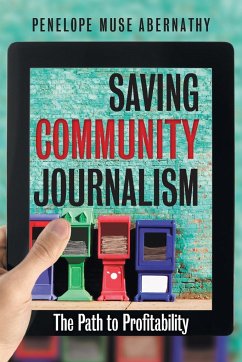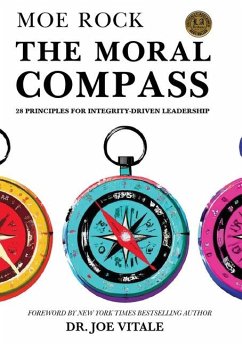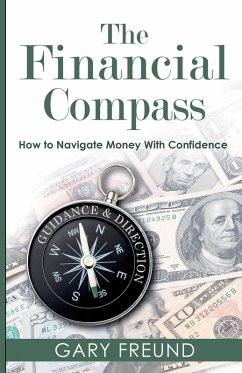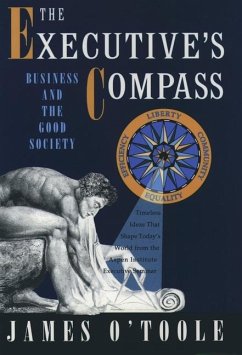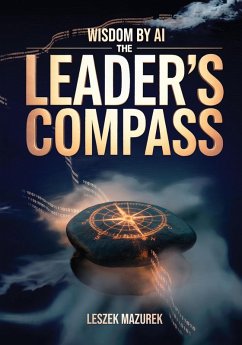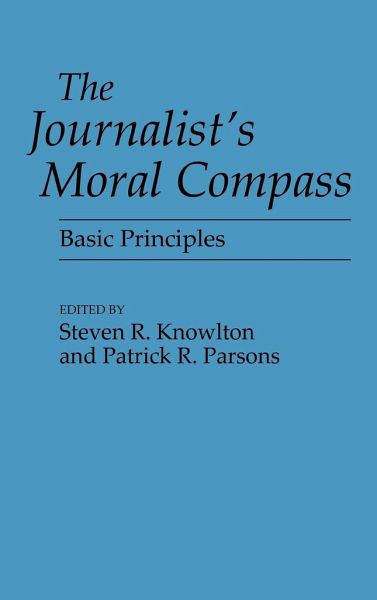
The Journalist's Moral Compass
Basic Principles

PAYBACK Punkte
44 °P sammeln!
What basic ethical principles should guide American journalists to help them justify their invasion of an individual's privacy, to be objective in their reporting, to avoid being influenced by government or economic controls? A wire service and newsroom veteran and a sociologist and scholar in mass media/communications have designed a philosophical guide for students, scholars, and practitioners to use as a kind of moral compass. Key excerpts from some of the most important writings on the subject from Milton to Louis Brandeis, from Plato to Sissela Bok, and from Adam Smith to John Merrill dea...
What basic ethical principles should guide American journalists to help them justify their invasion of an individual's privacy, to be objective in their reporting, to avoid being influenced by government or economic controls? A wire service and newsroom veteran and a sociologist and scholar in mass media/communications have designed a philosophical guide for students, scholars, and practitioners to use as a kind of moral compass. Key excerpts from some of the most important writings on the subject from Milton to Louis Brandeis, from Plato to Sissela Bok, and from Adam Smith to John Merrill deal with some of the most serious contemporary issues in journalism today. This short text also includes the Society of Professional Journalists' Code of Ethics and a full index.





